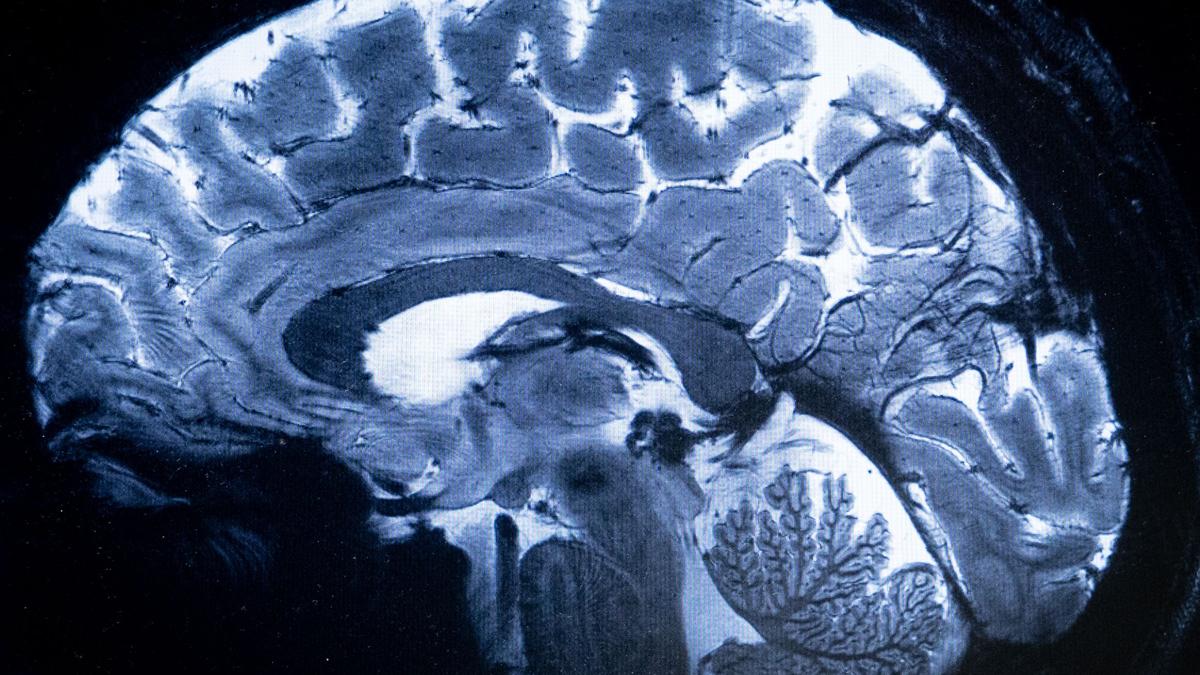
Rare amoebic infection claims another life in Kerala as 13-year-old girl from Kannur dies
The Hindu
Tragic death of 13-year-old girl in Kerala due to rare amoebic infection highlights need for caution in water bodies.
The death of a 13-year-old girl from Kannur while undergoing treatment at a private hospital in Kozhikode has been ascribed to amoebic meningoencephalitis. Initial investigations have indicated that the rare amoebic infection was the cause of death.
Dakshina, daughter of Ragesh Babu and Dhanya from Thottada in Kannur, died on June 12 after battling the rare infection.
Initially seeking medical help for headaches and vomiting at a private hospital at Chala, Dakshina’s condition worsened, prompting her transfer to Kozhikode for further treatment. Test results later confirmed a rare form of amoebic meningoencephalitis, a condition caused by pathogenic amoeba entering the body, typically through water sources.
The timeline of events suggests that Dakshina may have contracted the infection during a school excursion to Munnar where she likely bathed in a pool. Symptoms, which usually manifest within days of exposure to the amoeba, appeared much later than expected, starting on May 8 despite the excursion taking place on January 28.
This recent incident follows the death of five-year-old child from Malappuram in May who also succumbed to amoebic meningoencephalitis. It is suspected that the child contracted the infection from bathing in a stagnant pit in the Kariyad Kadav section of Munniyur Kaliyattam near Kadalundipuzha in Malappuram.
Amoebic meningoencephalitis, caused by a type of amoeba commonly found in stagnant waters, enters the human body through the nose and can lead to severe brain damage. Symptoms include fever, headache, vomiting, and seizures, with minimal risk of transmission between individuals.
Health authorities advise caution, especially when bathing in freshwater bodies, to prevent the risk of contracting this rare but serious disease.











